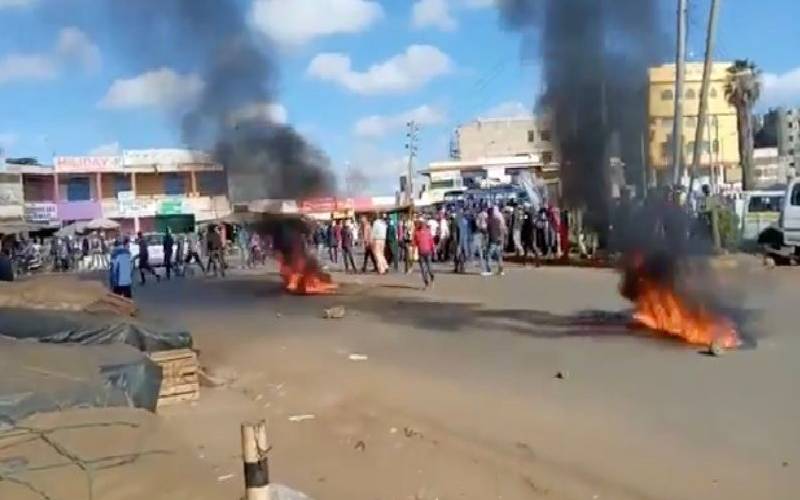×
The Standard e-Paper
Fearless, Trusted News

In direct contravention of Covid-19 containment rules, especially the one on social distancing, leaders of different political persuasions have been traversing the country, meeting people and addressing political gatherings.